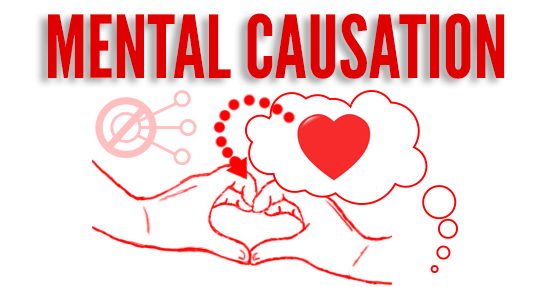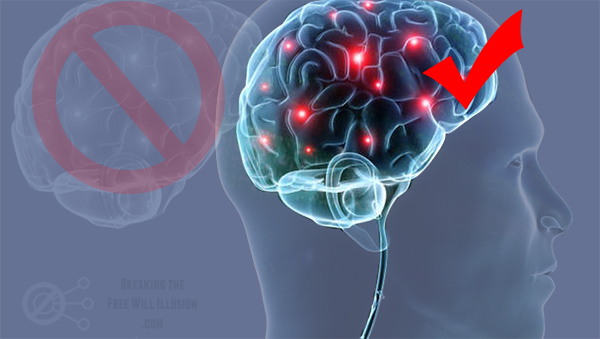Well… what’s one of the arguments you couldn’t counter?
I think what gets me the most is he just asserts how bad free will belief is and the benefits of rejecting this idea:
“Free will belief
allows people to blame others, think some are more or less ‘deserving’ than another, and a whole slew of harmful thoughts that tend to lead to retributive tenancies and less compassion. It also allows us to invoke these very same feelings on to our own ‘self’. This can lead to self-blame, guilt, shame, depression, and even self-hate.
The understanding that we lack free will gives us more compassion for the variables of others, and also compassion for our own variables. This can assist with coping with our own actions and mental states. It allows us to move past many negative feelings we have about ourselves in order to focus our effects in a proactive light rather than a retroactive light.
We don’t need to place ourselves in a self-blame situation to recognize that we can improve on our actions. Doing so has a tendency of being more of a detriment to our own psyche.
But believe it or not,
these feeling that it was your fault are not a requirement for change. In fact, they often can be something that hinders change, creating depression and other negative feelings that impact your desire to bother doing anything.
These negative feelings can also lead you to ignore or deny the action you did that caused them. It’s much easier to push things in the back of your mind than to deal with those feelings that you could have and should have done otherwise. These negative feelings, can just be a mechanism for pushing those feelings down. And as we all know that doesn’t really work, as all of those little things we push down tend to build up over time, and do so in unproductive ways.
With the understanding and feeling that it’s not our fault, due to truly comprehending what it means that we lack of the type of free will defined here [the ability to have, of your own accord, been able to have decided otherwise], we can look at the happening from an almost outside observer perspective. We can be detectives and try to look for the causes that had led us to the state that we couldn’t have, of our own accord, avoided. We can do this while being free of the “blame” baggage we tend to place on our own shoulders.
Most of us were brought up in an
environment that enforced our intuitions about free will. We have a free will psychology that has been embedded with decades of being blamed and shamed, in which we tend to do the same. Breaking the free will illusion is anything but an easy task given a lifetime of a built up psychology. But learning why free will is an illusion and what it means is the first step in a type of ‘self help’ that is based on the facts about our existence.”
It’s all assertions, but does he make any point? What’s the benefit of blame? It really gets me how me states we’ve “embedded” this free will belief in our psychology.


